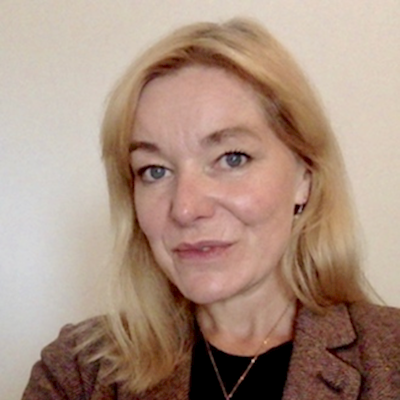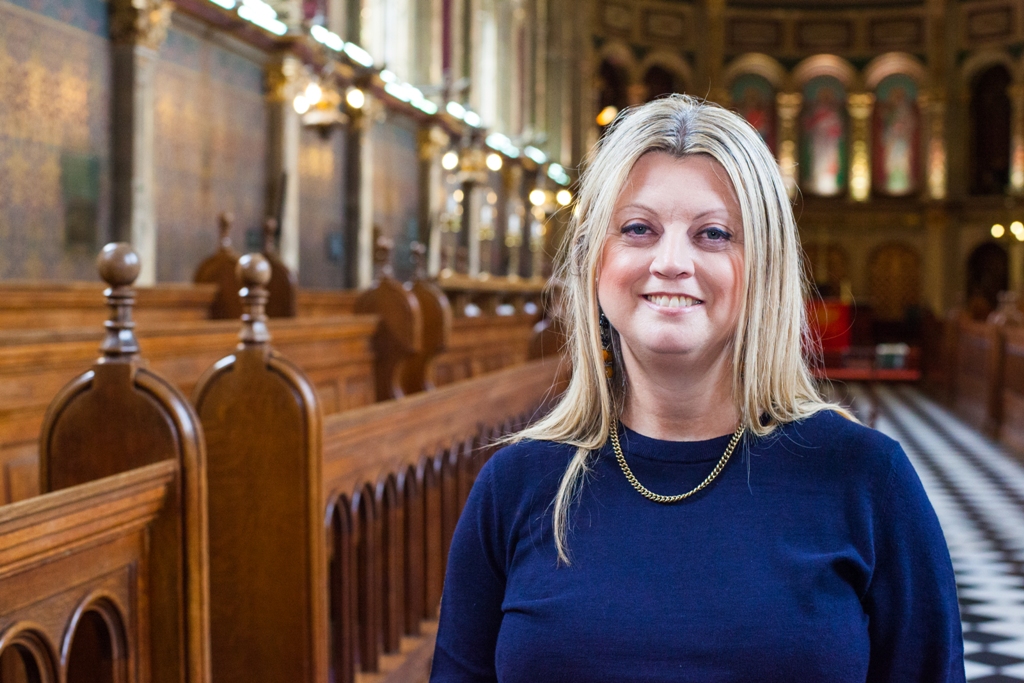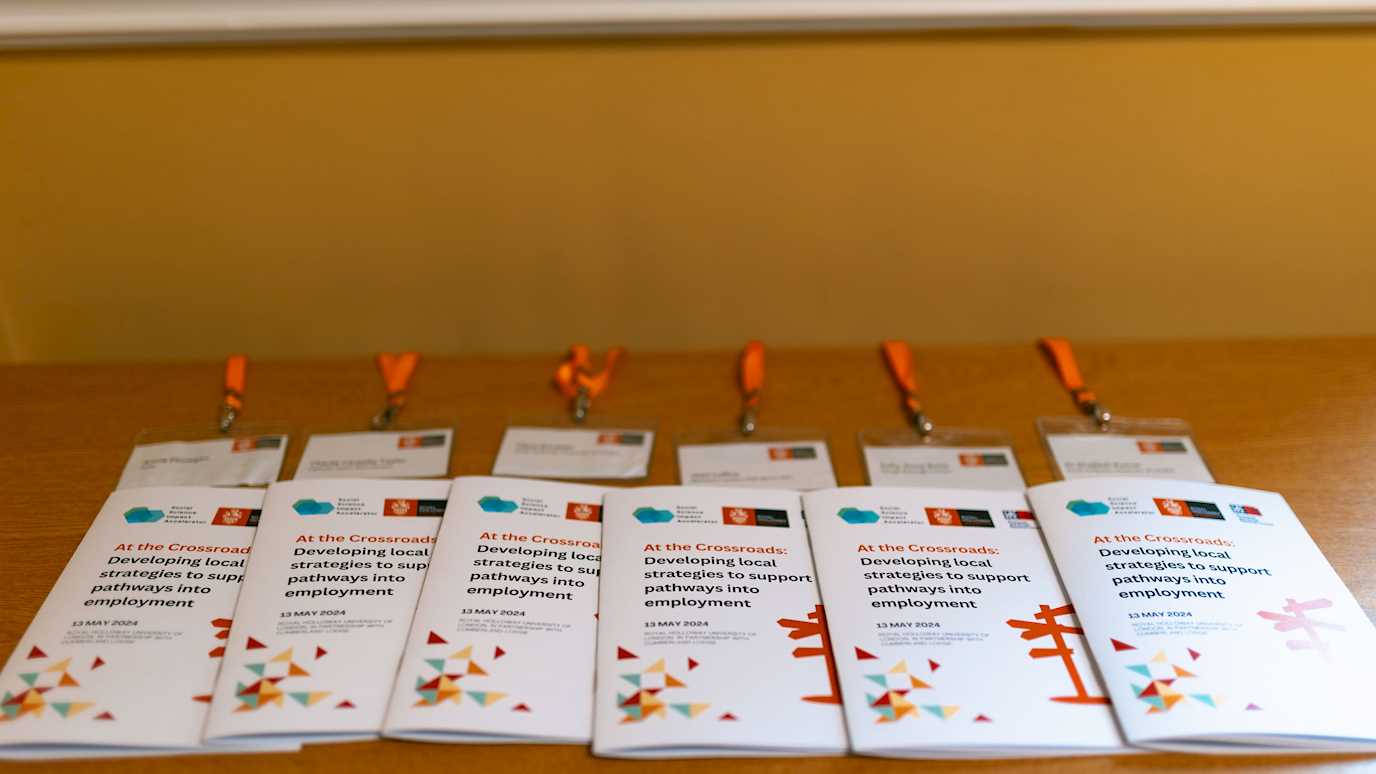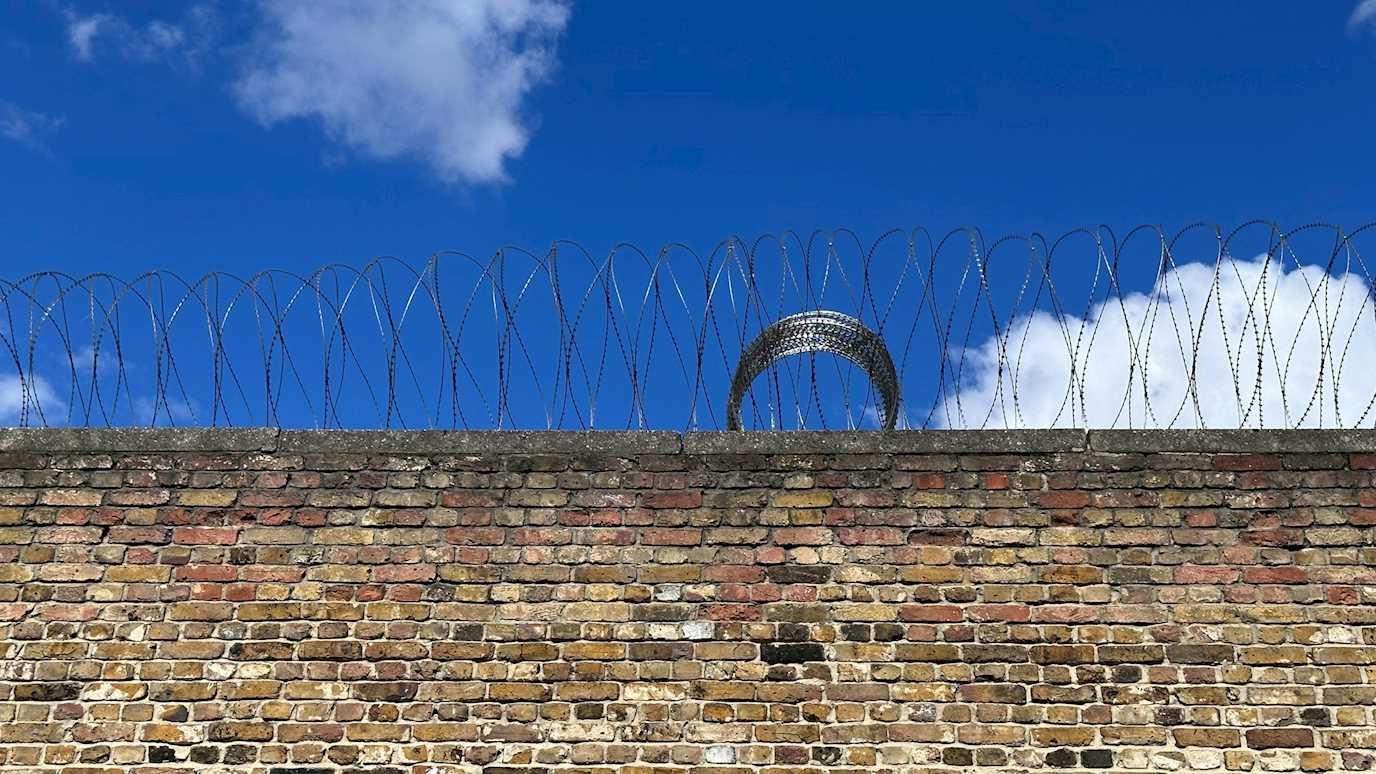Professor Marshall presented her work on Confidential Births and Conceptualising Motherhood at an International Webinar ‘Gender Justice & Constitutional Values – A Reflection on the Concept of Family & the Rights of Women hosted by the Centre for the Study of Women & Family Studies at the National University of Advanced Legal Studies, Kochi on 4 February 2021.
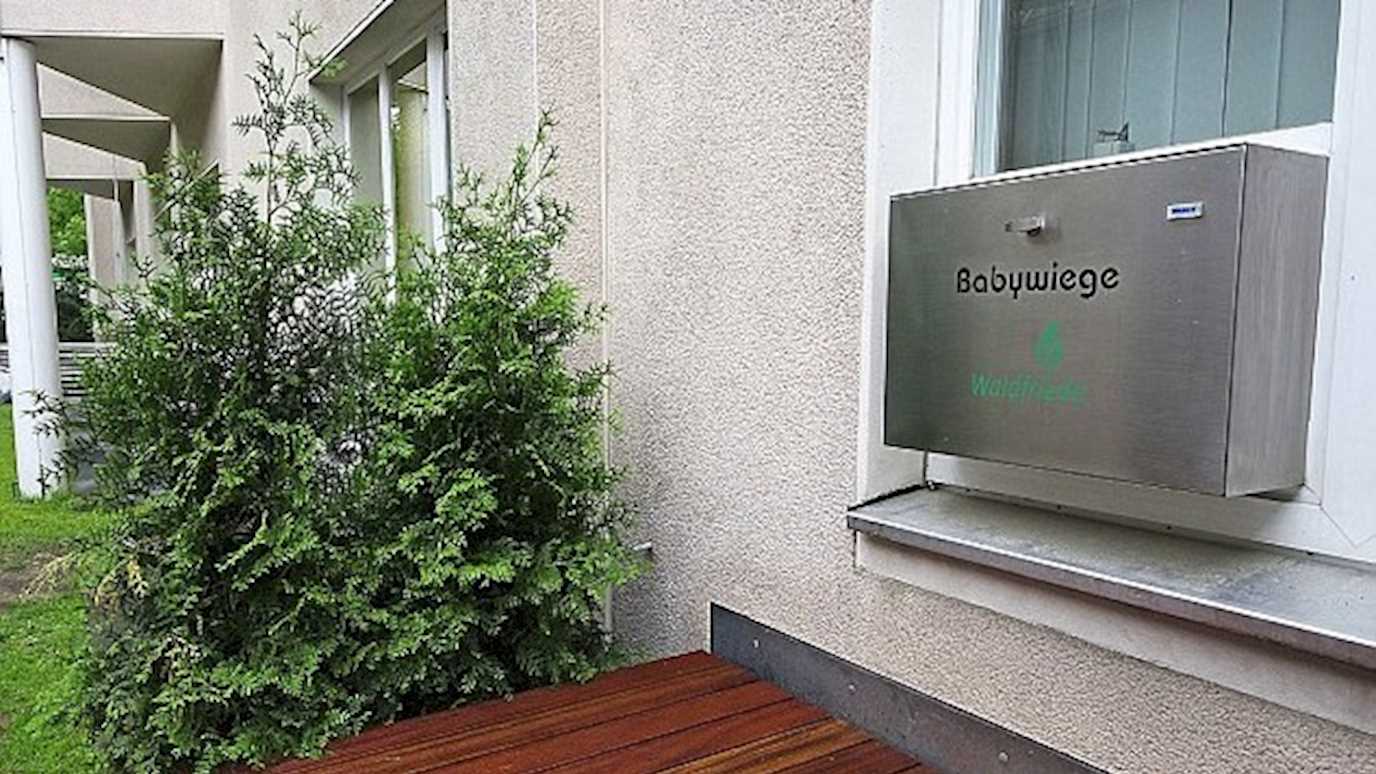
Many think that keeping pregnancies secret, giving birth confidentiality or seeking anonymity, no longer exists and is a historical phenomenon. It is not. Babies are ‘abandoned’, voluntarily relinquished with the aim of speedy adoption, and baby boxes or windows of life - usually forming part of a hospital wall to anonymously deposit babies into incubators - now exist in many European Union countries. All US states have some form of ‘safe haven’ legislation for discreet births. This issue is not considered much legally but, when it is, it tends to be reduced to a balancing of conflicting rights: on the one hand, the birth-giver’s right to confidentiality and, on the other, children’s rights, more specifically their rights to identity, with priority given to what is in the child’s best interests. Increasingly father’s rights are also raised.
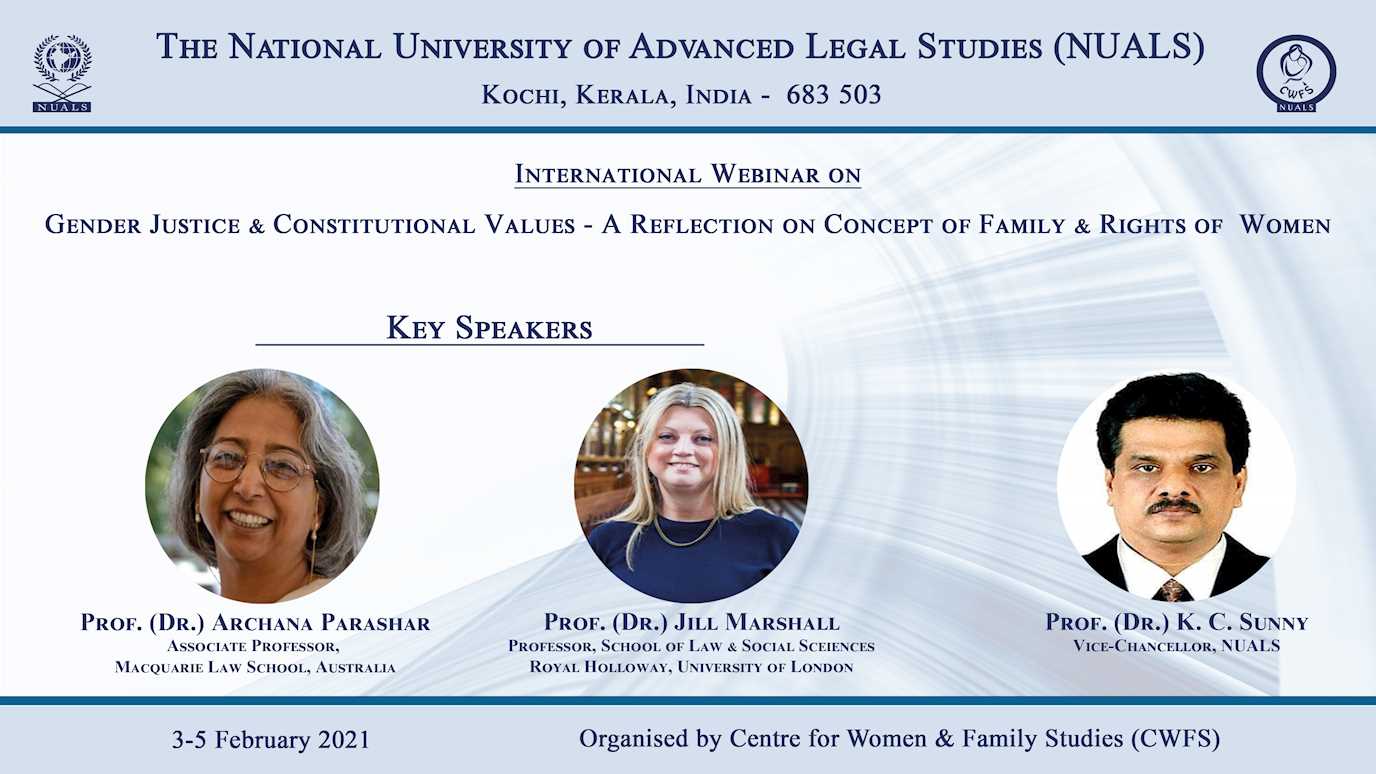


In her presentation, Professor Marshall explored how law has defined motherhood and addressed privacy and secrecy issues in pregnancy and childbirth. The relevant laws in this context are those applicable in England and Wales in light of the recent cases of A, B and C (Adoption: Notification of Fathers and Relatives) and the case of Freddie McConnell who gave birth and wished to be named as father or parent on his child’s birth certificate. Some comparisons are drawn with other legal systems and the European Court of Human Rights which has developed a right to personal autonomy, identity and integrity, protected through interpretations of respecting private life in the European Convention on Human rights.










